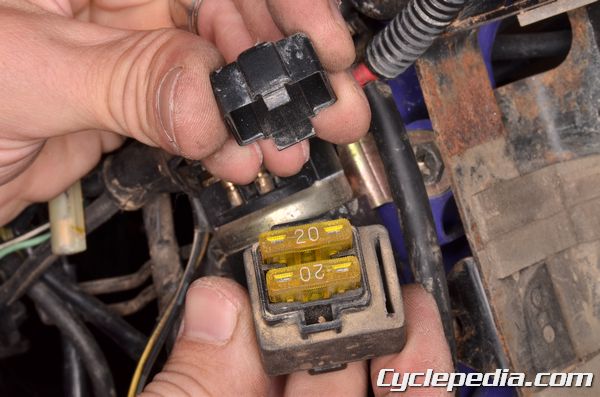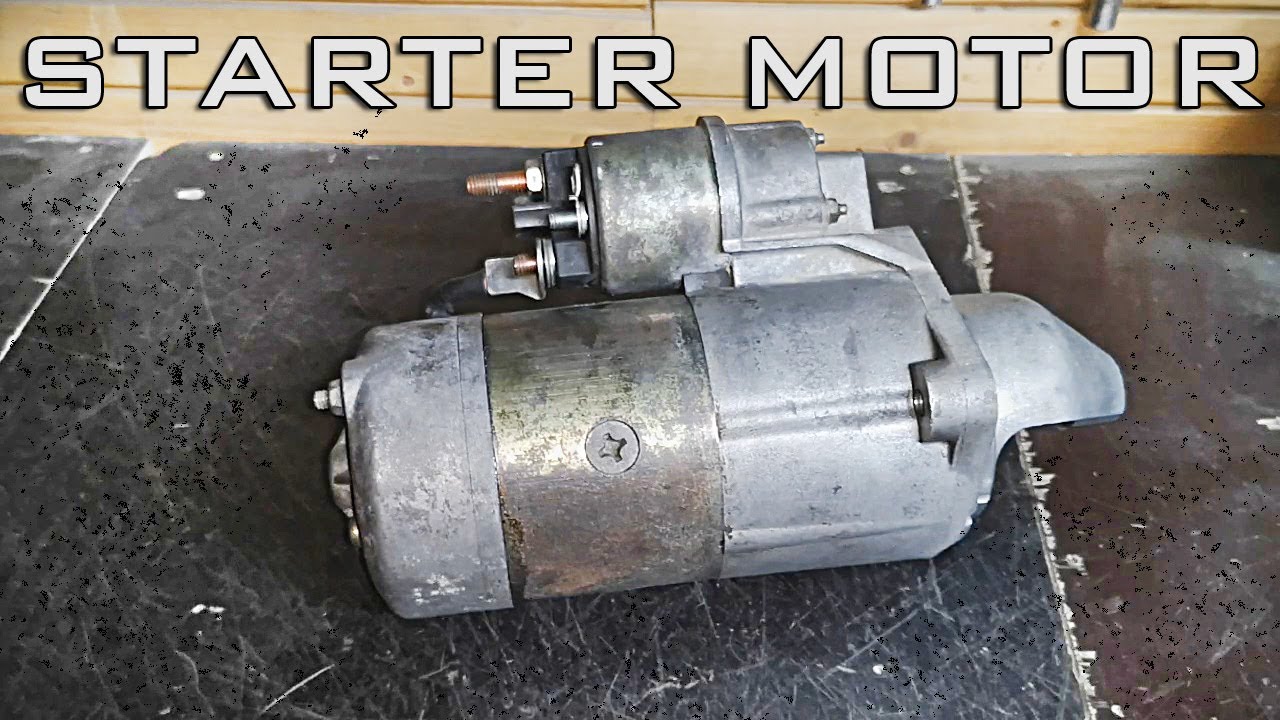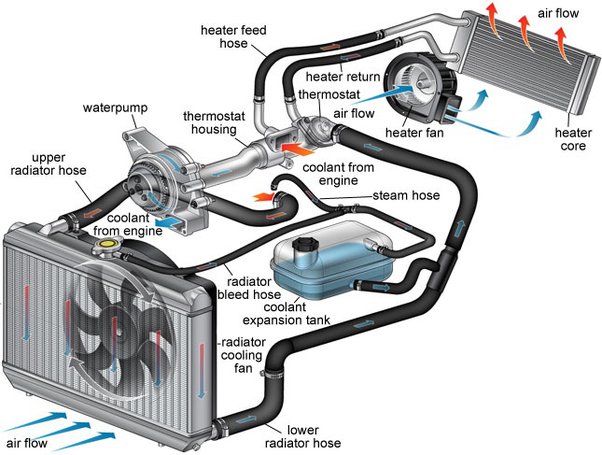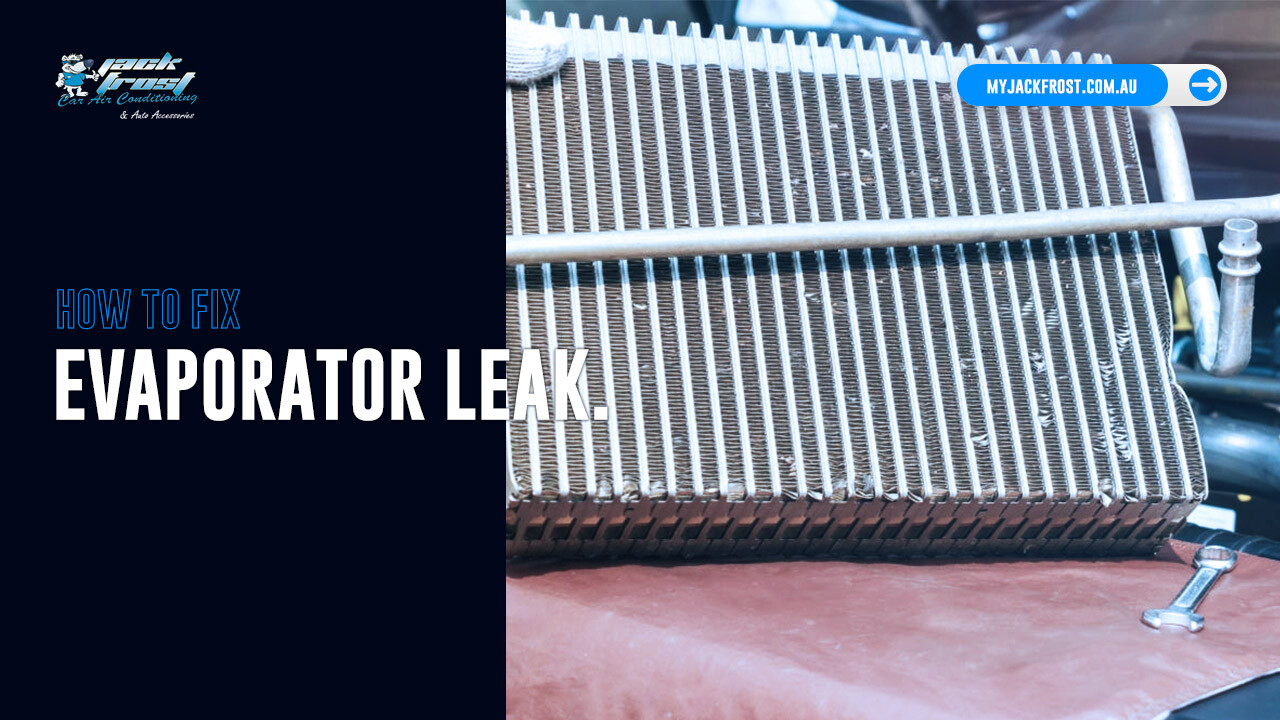Can a Bad Oil Pressure Sensor Cause Overheating
A faulty oil pressure sensor itself does not cause overheating, but it may lead to false warnings or lack of alerts about your engine’s oil status, which can indirectly contribute to overheating if not addressed. A bad sensor can prevent the detection of low oil pressure, a condition that can result in overheating due to inadequate lubrication.
Your vehicle relies on an array of sensors to maintain efficient operation. Among these, the oil pressure sensor plays a crucial role by monitoring the oil pressure within the engine, ensuring the moving parts are adequately lubricated. Adequate lubrication is essential for minimizing friction and dispersing heat.
A properly functioning sensor alerts you if the oil pressure falls below a safe threshold, allowing you to take preventive measures before serious damage occurs. If this sensor fails, you may miss critical signs of low oil pressure and continue driving, which can escalate to excessive engine wear or even catastrophic failure due to overheating. Regular maintenance is vital, including prompt attention to any oil pressure warnings, to protect your engine and keep it running smoothly.
Credit: www.reddit.com
The Connection Between Oil Pressure And Engine Heat
Understanding the relationship between oil pressure and engine temperature is vital for maintaining your vehicle’s health. Oil’s role goes beyond just lubrication; it helps control engine heat. Incorrect oil pressure can lead to overheating, among other issues. This section explores how these elements interact within your car’s engine.
Roles Of Oil In Engine Temperature Regulation
Engine oil is a crucial player in regulating engine temperature. Here’s what it does:
- Lubricates engine components to reduce friction-generated heat.
- Transfers heat away from the combustion chamber and critical parts.
- Helps maintain consistent temperature across the engine.
Without proper oil pressure, these functions fail, and overheating can occur.
Symptoms Of Oil Pressure Issues
Recognizing signs of oil pressure problems can prevent overheating. Watch for these symptoms:
| Symptom | Possible Cause | Result |
|---|---|---|
| Warning Light | Bad sensor or low pressure | Overheating risk |
| Noisy Engine | Lack of lubrication | Heat build-up |
| Oil Temperature High | Inefficient cooling | Overheat potential |
Credit: www.reddit.com
Oil Pressure Sensor: Function And Significance
The oil pressure sensor plays a key role in safeguarding the engine. It measures the oil’s pressure in the engine. It helps to ensure that the engine works well. The sensor alerts the driver if the oil pressure falls below a safe level. This early warning is critical. It prevents potential engine damage. Without it, the engine might fail.
Monitoring Engine Oil Pressure
Oil pressure is crucial for engine health. Just like blood pressure in humans, it needs to be just right. Too low, and the engine parts grind and wear down. Too high, and seals or gaskets might blow. The oil pressure sensor constantly checks this pressure. It sends the data to the car’s computer system.
- Maintains optimal pressure.
- Prevents wear and tear on engine components.
- Delivers real-time data for drivers.
Impact Of Sensor Malfunction
When the sensor fails, trouble follows. Incorrect pressure readings can happen. This might cause the engine oil warning light to turn on. Sometimes, the exact opposite happens. The engine might be in danger but the driver receives no warning.
A bad sensor may lead to overheating. Without the right oil pressure, engine parts heat up. More friction occurs. The engine’s temperature soars. Overheating can cause severe engine damage. It is always best to fix sensor issues quickly.
In summary, the oil pressure sensor’s health is vital. It protects the engine from overheating. It ensures the engine runs smoothly. Ignoring sensor issues is not advisable. Always take action to correct them.
Overheating Engines: Causes And Culprits
An engine running too hot spells trouble. It’s essential to pinpoint the problem early. Sometimes an overlooked part like an oil pressure sensor could be to blame. Yes, a faulty oil pressure sensor can indirectly lead to overheating. Let’s examine common sources of heat and warning signs in engine overheating.
Common Sources Of Excessive Heat
Several issues can push engine temperatures beyond safe limits:
- Coolant System Failure: The coolant can’t draw heat away if the system fails.
- Thermostat Malfunction: Thermostats regulate engine heat. A broken one disrupts this balance.
- Worn Radiator: Old or damaged radiators can’t cool engines effectively.
- Failed Water Pump: This pump circulates coolant. If it breaks, temperatures rise.
- Oil Pressure Sensor Issues: A bad sensor may show false readings, misleading to delayed interventions.
Identifying Warning Signs
Stay vigilant for these signs of overheating:
| Warning Sign | Description |
|---|---|
| Temperature Gauge Spike | A sudden move toward the hot side is a clear signal. |
| Coolant Leak | Puddles of coolant under the car show a leak in the system. |
| Strange Smells | Burning or sweet smells can indicate overheating components. |
| Steam | Steam from the hood means the engine is too hot. |
| Check Engine Light | This light can signal multiple issues, including high temperatures. |
Investigating The Link: Oil Pressure Sensor And Overheating
Understanding your vehicle’s health is crucial. One tiny piece, the oil pressure sensor, plays a big role. Can a bad oil pressure sensor lead to overheating? Let’s dive into how these two may be connected.
Scenario Analysis: When Sensors Send Wrong Signals
Cars rely on sensors for accurate information to function well. A faulty oil pressure sensor may send incorrect data. This bad data may misinform the car’s computer.
Here’s what could happen:
- Engine runs without enough oil.
- Oil doesn’t circulate properly.
- Parts grind and overheat because of friction.
Compounding Problems: Sensor Errors Leading To Heat Build-up
One error can cause more trouble. A defective sensor can trick the system into ignoring high temperatures. If this happens, the engine might not cool down when it should.
What results is a chain of unwelcome events:
- Warning signals stay off.
- Engine heat keeps rising.
- Overheating occurs with no alert.
Troubleshooting And Solutions
Engine overheating can be a nightmarish scenario for any driver. It’s critical to pinpoint the issue and address it swiftly. Could a bad oil pressure sensor be the unexpected culprit? Let’s unravel this mystery and explore practical solutions.
Diagnosing A Faulty Oil Pressure Sensor
A defective oil pressure sensor may send inaccurate signals, affecting engine performance. To diagnose:
- Check for warning lights: A lit oil pressure gauge or check engine light signals a potential sensor issue.
- Use a diagnostic scanner: It reads codes that indicate sensor malfunction.
- Manual oil pressure test: If gauge readings fluctuate, suspect a failing sensor.
Replace the sensor immediately if tests confirm it’s faulty. This ensures accurate readings and prevents possible overheating.
Preventive Measures Against Overheating
Overheating can severely damage your engine. Follow these preventive steps:
- Maintain cooling system: Regularly check coolant levels and radiator condition.
- Inspect belts and hoses: Look for signs of wear or damage.
- Change oil regularly: Fresh oil helps maintain optimal engine temperature.
Integrating these practices can extend engine life and mitigate overheating risks.

Credit: www.autotechiq.com
Maintaining Engine Health: Best Practices
Cars, like humans, need consistent care to stay healthy. Your vehicle’s engine is the heart of its operation. Without proper care, it risks getting sick, leading to problems like overheating. While a bad oil pressure sensor might not directly cause overheating, it can lead to it if unnoticed, as it is crucial for engine health. Let’s dive into best practices that keep engines humming smoothly.
Regular Maintenance Schedules
Maintain your car’s health by following its maintenance schedule. Think of it like routine doctor check-ups. Your vehicle needs them to prevent unexpected surprises.
- Check the oil every few weeks.
- Change the oil as recommended in the manual.
- Inspect coolant levels to prevent overheating.
- Review brake fluid and replace when needed.
Keeping a calendar or setting reminders ensures you don’t miss crucial car care steps. Always refer to the owner’s manual for the specific intervals.
Addressing Small Issues Before They Escalate
Small car problems can turn into big ones fast. Fix minor issues promptly to avoid larger, costlier repairs down the line.
- Notice a strange sound? Get it checked.
- Dashboard lights on? Read the codes and act accordingly.
- Is the engine running rough? Don’t wait to have it looked at.
A proactive approach saves you time and money. Remember, ignoring a bad oil pressure sensor can lead to misinformation about your engine’s condition, potentially resulting in overheating or worse.
Frequently Asked Questions On Can A Bad Oil Pressure Sensor Cause Overheating
Can An Oil Pressure Sensor Trigger Overheating?
No, an oil pressure sensor itself does not trigger overheating. However, if it provides inaccurate readings, it may prevent early detection of low oil pressure. This situation can lead to insufficient lubrication and potentially cause the engine to overheat indirectly.
How Does Oil Pressure Affect Engine Temperature?
Oil pressure is crucial for maintaining engine temperature. Proper oil pressure ensures efficient lubrication and cooling of engine components. Insufficient oil pressure can result in increased friction and heat, potentially leading to overheating.
What Are Signs Of A Failing Oil Pressure Sensor?
Signs of a failing oil pressure sensor include the oil pressure warning light illuminating, erratic oil pressure readings, or strange engine noises. These signs should prompt immediate inspection to prevent possible engine damage.
Does Engine Oil Level Influence Overheating?
Yes, engine oil level directly influences overheating. Low oil levels can lead to inadequate lubrication and cooling. This deficiency increases engine friction and heat, which, if not addressed, can result in overheating.
Conclusion
Understanding the link between a faulty oil pressure sensor and potential overheating is crucial for vehicle maintenance. A defective sensor can mislead your dashboard readings, possibly leading to overheated engines. Regular checks are essential. Be proactive with sensor issues to ensure your car’s longevity and safe operation.
Addressing problems early can save both time and money, keeping your engine cool and running smoothly.


